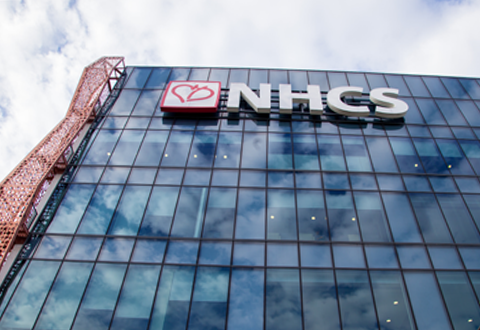HealthXchange will NEVER ask you to transfer money over a call. If in doubt, call the 24/7 ScamShield helpline at 1799, or visit the ScamShield website at www.scamshield.gov.sg.

You're running on a treadmill and feel pain in your chest, so you stop. Then the pain goes away and you feel normal. But was it a blip on a bad running day? Maybe not.
Chest pains like that – which stop when you stop exercising – could well be a symptom of angina or blocked arteries, says Dr Aaron Wong, senior consultant cardiologist at the National Heart Centre. In fact, if your chest still continues to ache after you stop exercising, this indicates only muscle pain, and you’re not in danger of a heart attack.
Temporary chest pain – described by doctors as a pressing, tightening or gripping sensation – is one of the symptoms that you might have a heart problem. Other symptoms are breathlessness when you carry out normal activities, heart palpitations that come on and go suddenly, and fainting spells.
These are candidates who should see a doctor before they start exercising.” Says Dr Wong.
The National Heart Centre did a study on those who collapsed suddenly and without prior symptoms, and noted that 80 per cent of them had underlying blocked arteries that went undetected. “Many of them were young victims who could well have ignored some symptoms earlier or not had them at all.” Says Dr Wong.
Such people could have a history of family members suffering a heart attack below the age of 55, family members who are smokers and who have high cholesterol, he adds. “These people should also get a check-up on their heart health.”
The remaining 20 per cent had no apparent problems, or if they had a heart problem, it would have been a weakness hard to detect. It’s a condition called Brugada Syndrome. “Exercise benefits far outweigh the risks, as studies have shown that those with a good exercise tolerance live longer.” Dr Wong says.
At a forum today, heart specialists will also talk about unstable plaque that will cause heart attacks and the advantages of having a bypass instead of stents.
Source: The Business Times © Singapore Press Holdings Limited. Permission required for reproduction.
Get the Health Buddy App
© 2025 SingHealth Group. All Rights Reserved.













 Get it on Google Play
Get it on Google Play